Great Gift Ideas for Elderly Parents Who Have Everything
Do your elderly parents have lots of stuff? Does your elder Dad tell you he just doesn’t need anything? Are your senior parents trying to downsize?
It can be impossible to come up with gift ideas for elderly parents who have everything. Every few months our expert team does the hard work for you and finds some great senior-friendly gift ideas! We try to find things related to the season and to cover a range of interests, plus things we know are especially useful gift ideas for elderly parents who have everything. These are things that they’ll enjoy or can make life as you age a bit more enjoyable or comfortable. Many of them are appropriate for someone who lives in an Assisted Living Facility or Nursing Home.
This time we offer some special autumn gift ideas for elderly parents who have everything:
A beautiful book of New England autumn photographs. It makes a lovely addition to any home. It is an especially nice gift for “displaced” New Englanders who might be missing the fall foliage season, or anyone who’s ever visited.
“First Day of School” Picture Frame Magnet Craft Kit
This is a great project for grandma or grandpa do to with the grandkids as they prepare to go back to school. It makes an adorable decoration for the grandparents’ home or assisted living/nursing home room too, and it’s a great way to create special memories and discussions together.
Perfect for your favorite football fan! Elders tend to get colder more easily and nothing will keep them warmer than snuggling up with their favorite team while they watch the game!
Fuzzy Spa Slipper Socks with Non-Skid Grips
Super soft, unisex slipper socks are one of the best gift ideas for elderly parents who have everything. These are wonderful to wear around the house, or in an assisted living facility, rehabilitation center or hospital. The non-skid grips keep you safe, while the warm, soft fabric keep toes toasty!
Apple Peeler, Corer and Slicer
Have a great baker in your life? This tool makes baking the perfect apple pie so much easier; it’s also great for potatoes! Peel, core and slice apples or potatoes in seconds; attaches to a table or countertop.
Stay tuned (sign up for our newsletter so you never miss out) for more seasonal gift ideas for elderly parents who have everything! You might also want to check our full Gifts for Seniors guide, where you can also get an exclusive coupon for senior-friendly clothing and adaptive equipment.
Contact us if we can help with your eldercare needs, advice or resources!


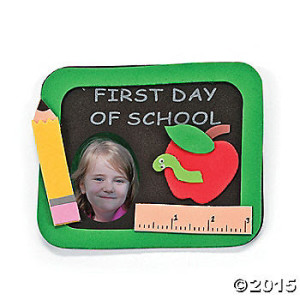

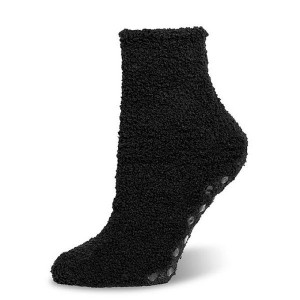
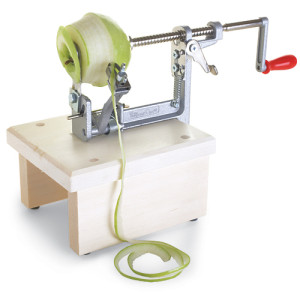
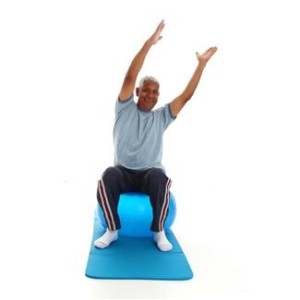
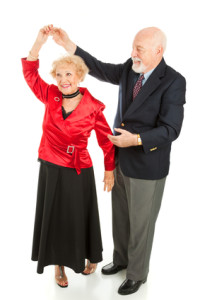
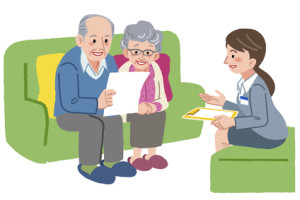
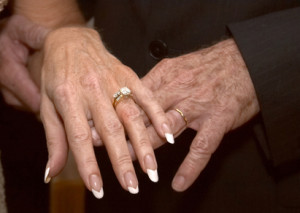
 Popular Downloads
Popular Downloads


 Get Our Newsletter!
Get Our Newsletter! Mission Statement
Mission Statement

